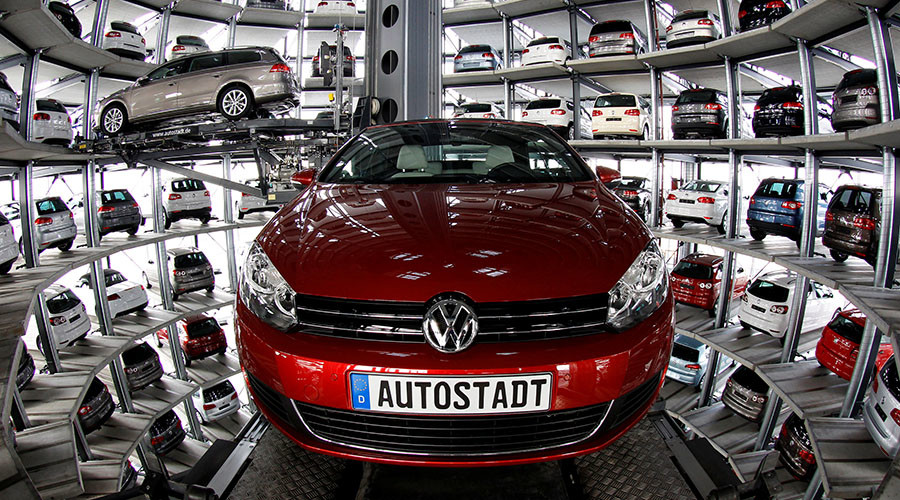-
Tips for becoming a good boxer - November 6, 2020
-
7 expert tips for making your hens night a memorable one - November 6, 2020
-
5 reasons to host your Christmas party on a cruise boat - November 6, 2020
-
What to do when you’re charged with a crime - November 6, 2020
-
Should you get one or multiple dogs? Here’s all you need to know - November 3, 2020
-
A Guide: How to Build Your Very Own Magic Mirror - February 14, 2019
-
Our Top Inspirational Baseball Stars - November 24, 2018
-
Five Tech Tools That Will Help You Turn Your Blog into a Business - November 24, 2018
-
How to Indulge on Vacation without Expanding Your Waist - November 9, 2018
-
5 Strategies for Businesses to Appeal to Today’s Increasingly Mobile-Crazed Customers - November 9, 2018
[Ticker] Report: VW broke consumer laws in 20 European Union states
“That is why I think it is necessary that we get involved to coordinate on a European level”.
Advertisement
In today’s installment of the fallout from the Volkswagen Dieselgate scandal, the European Commission said Volkswagen violated the law in 20 European Union countries because of its emissions cheating.
According to a recent report in a German daily, the company has cheated on a lot of laws, which prevail in Europe as it gave out false claims of its cars, whereas their real world performance differs drastically and also in test conditions, once the findings without the cheating system were analysed.
The rules in question are the directive on the sale of consumer goods and associated guarantees, and the directive on unfair business-to-consumer commercial practices.
“It already appears that Volkswagen clearly breached European consumer laws in most member states”, Jourova was quoted as saying by Die Welt.
Across Europe, VW owners affected by so-called “Dieselgate” have been looking longingly towards the USA, where American customers have been receiving compensation of up to 10 thousand dollars.
She plans a meeting with consumer associations on Thursday and national protection agencies September 29. “It is not my intention to come with strong action without fair communication with the company”, she said.
Observers have noted that paying out even a fraction of what Volkswagen agreed to pay its U.S. customers would quickly drain its budget for cleaning up its “Dieselgate” scandal, in which the auto maker installed malicious software into its diesel vehicles to thwart regulatory tests. The automaker declined to comment.
Industry Commissioner Elzbieta Bienkowska has repeatedly invited VW to consider compensating consumers in Europe (as it has done in the U.S.), but said the decision was ultimately up to national courts. However, she hasn’t received an encouraging response.
Advertisement
The group, however, has so far resisted calls to compensate European customers who have been affected by the same issue, largely as different legal rules reduce the chance of winning a payout.




























